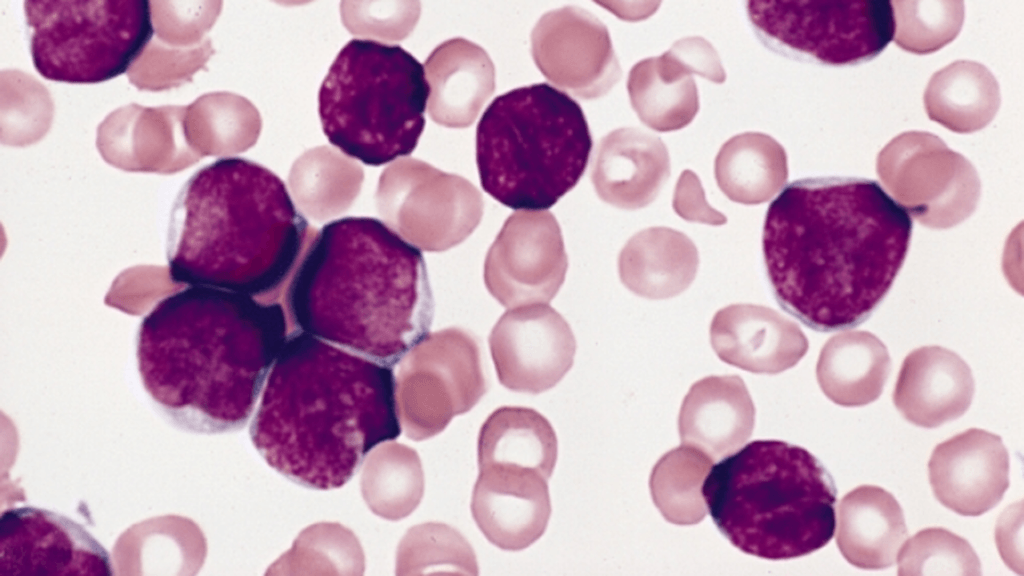A team of researchers from the university of Leuven (KUL) and the Flemish Institute for Biotechnology (VIB) has made a breakthrough in treatment of a type of leukaemia which particularly affects children.
T-cell acute lymphoblastic leukaemia (T-ALL) is a type of cancer characterised by too many immature white blood cells. “T-ALL mainly affects children and is rapidly fatal if left untreated,” explained Professor Jan Cools of KUL-VIB in a press release. “Current chemotherapy is very effective but causes long-term side effects, so there is an urgent need for less toxic targeted therapies for these young patients.”
Part of the existing approach involves blocking the enzyme gamma-secretase, but the means of doing so are too toxic and cause a number of side effects. Gamma-secretase is also a target in Alzheimer’s research, and the leukaemia team was joined by Bart De Strooper, a world-renowned specialist in dementia research, also from the KUL-VIB. Also attached to the team were researchers from the Dementia Institute in the UK and the Children’s Cancer institute in Australia.
Until now, research into blocking gamma-secretase has taken a broad-spectrum approach targetting the four kinds of the enzyme. The team found that the relative numbers of two of the types were very different in leukaemia cells and healthy cells. This led them to try a narrower approach targetting only the type of the enzyme prevalent in leukaemia cells, leaving healthy cells untouched.
“We saw that targeting only one type of complex was both effective and safe in mouse models and in leukaemia cells from T-ALL patients,” explained Roger Habets, one of the authors of the study. “Not only could we stop the leukaemia from growing, we also found no signs of the toxicity that usually plagues this class of drugs.”
The new approach shows promise for treatment of leukaemia and other disorders, the team reports. “If this approach would indeed work for patients with T-ALL, this could open up the door for other types of cancer as well. Safe, selective gamma-secretase inhibition might even be useful as an additional therapy in a variety of other disorders.”
Alan Hope
The Brussels Times

